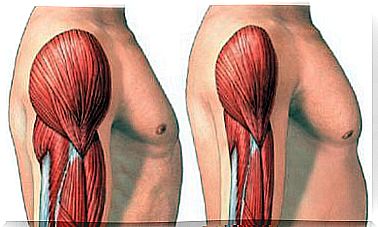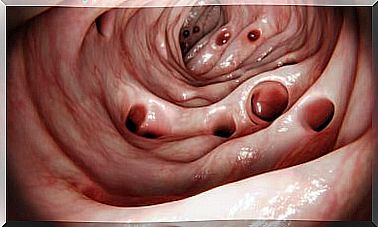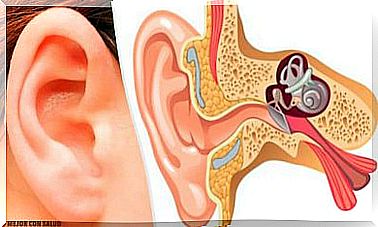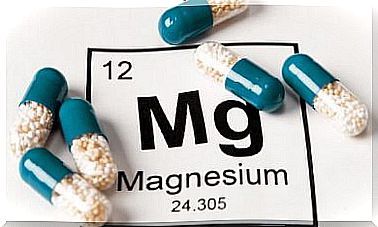Isaac Syndrome: Everything You Need To Know
Isaac syndrome is a neuromuscular disorder that can be inherited or acquired. This pathology affects the peripheral motor neuron.
When the central nervous system (CNS) decides to process a motor response in the form of movement, it transmits the command using electrical impulses. It is then when motor neurons across the synapse carry the stimulus to the muscles in charge of executing the action.
However, during the development of this disease there are alterations in this transmission of information. Therefore, the patient feels that his muscles contract involuntarily and constantly. This phenomenon can occur even when the patient is in a state of rest.
Furthermore, it is a rare disease due to its low percentage of clinical cases. We can find different names to refer to this disorder, such as neuromyotonia or continuous motor activity syndrome.
Symptoms of Isaac syndrome

In all clinical cases studied, patients developed the disease between 15 and 60 years of age. However, most individuals began to experience symptoms around the age of 40. These alterations are progressive, that is, they worsen over time.
Some of the symptoms that appear more frequently in patients with this subtype of syndrome are:
- Muscle stiffness: when it worsens, you can see even lumps that move through the muscles of the individual (this phenomenon is known as fasciculation). It also causes great pain and it becomes increasingly difficult to relax the muscles.
- Tremors, spasms and muscle cramps: they begin in one limb and spread throughout the body. Furthermore, they cannot be controlled and are produced continuously.
- Difficulty speaking: the person is not able to control the facial muscles to articulate the sounds of the speech apparatus.
- Problems with breathing: This is because the muscles involved in the respiratory cycle, such as the diaphragm and intercostal muscles, cannot move and coordinate.
- Swallowing problems: Patients often bite their tongues when trying. There is no coordination between the muscles of the digestive system and those of the respiratory system. For this reason, the food could be diverted in the pharynx towards the larynx, producing the suffocation of the subject.
- Sweating and increased skin temperature
- Tachycardia: it is a pathological increase in heart rate that can end up giving rise to other arrhythmias and diseases related to the circulatory system.
Causes
According to the studies carried out, we can differentiate the origin of this disorder according to whether it is inherited or acquired:
- The cases of hereditary disease are very small and the gene that causes it is not yet known.
- Acquired. It appears along with other disorders. In most cases it has an origin in an autoimmune disorder, the antibodies in your body attack different parts of the motor nerves. In other cases it appears in patients with cancer (Hodgkin’s lymphoma).
Diagnosis
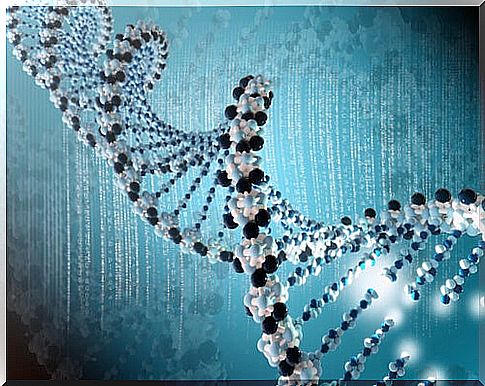
The most common form of diagnosis is through a complete study of the patient’s DNA and specific markers for antibodies to autoimmune diseases or cancer.
Isaac syndrome treatment
Still it has not found an effective cure against Isaac syndrome. However, there are treatments that alleviate discomfort and seek to maintain the best possible quality of life for the patient.
It should be noted that medications can be used to prevent seizures, such as phenytoin and carbamazepine, which greatly relieve muscle pain and block contraction.
In other cases, we found the use of immunoglobulins and the plasmapheresis technique through the extraction of blood from the patient to try to control the altered antibodies. This would only be effective in the case of an autoimmune disorder as the origin of the syndrome.
Prevention

To date, there is no preventive measure for Isaac syndrome. Therefore, researchers continue to investigate the disease and all the aspects that it entails.
On the other hand, the factors that favor the development of this disease have not yet been discovered. We only know that it can appear in relation to other neurodegenerative disorders.
Finally, it is important to point out that, if any member of our family presents it, we will have to notify our doctor so that he or she takes it into account.
